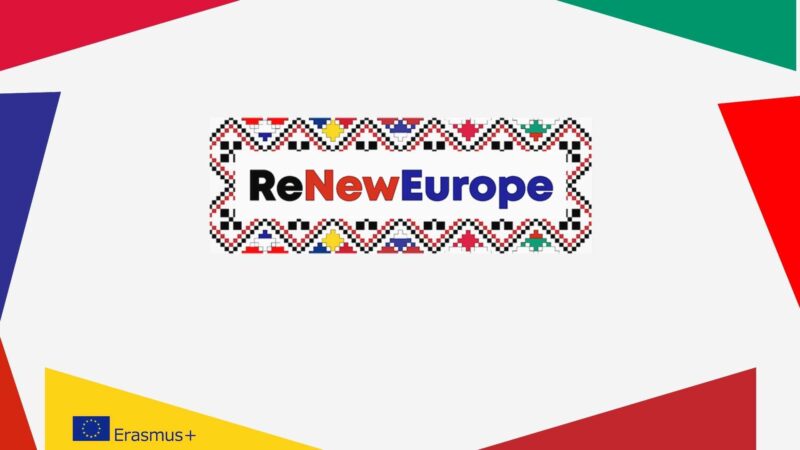
Our project provides innovative support for university professors & assistants on how to organize on-wheels schools in Balkan and CEE history to overcome the existing stereotypes and prejudice.

Project Background
The stereotypical perception of the Balkan, Eastern, and Central European regions as potentially conflicting, post-communist, post-Soviet, and overly Oriental (especially the Balkans) creates particular discomfort and imbalance in a general European aspect. This problematic view of the area provokes the idea of a different approach and an attempt to destroy such overlapped perceptions. The impossibility of an overall neutral and mutually satisfactory reading of the region’s history and policies is hardly doubtful. However, the possibility of building a more positive image through intense communication between predominantly young people is an approach that is not yet well defined, and they were designed. In changing Europe, one of the most significant issues still is the stereotyped acceptance of “the Other,” which is different and unfamiliar in a broader sense. This sounds even more justifiable regarding the understanding and attitudes directed to the Balkans and Central and Eastern Europe area. Although an excellent tradition of exploring and investigating the region exists, “Old” Europe still has difficulties understanding this “New” part of itself. And yet it is ahead not just to understand but also to integrate it due to all EU integration processes running throughout western parts of the Balkan Peninsula and Central and Eastern Europe.
.
